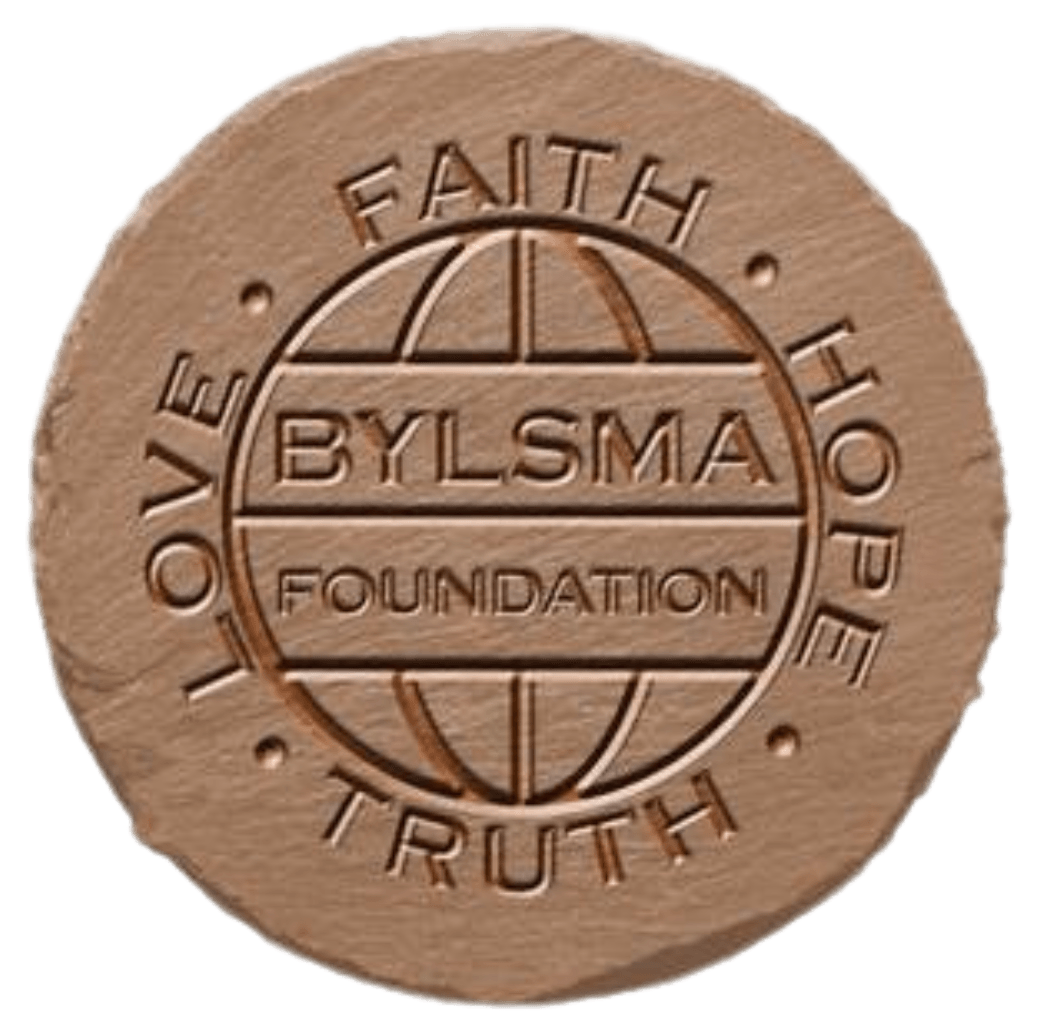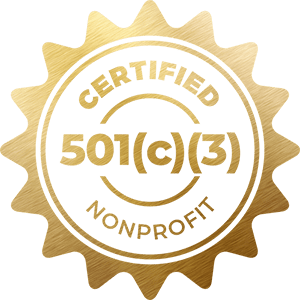Bylsma’s Bible Blogs
#1 Why I Wrote The Short Bible

In February 2020 I was getting ready to retire and was starting to shelter in place for an unknown amount of time until the chaos caused by the COVID-19 pandemic subsided. I still wanted to be active after retiring, and I didn’t want to waste a crisis. I had lived an unusual life and wondered how I could use my life experiences and skills in the next chapter of my life for good purposes while we all waited for life to become somewhat normal again.
- I had been a student of the Bible for more than 50 years but still felt I didn’t understand how parts of it fit into the overall story. It was as if the Bible stories I heard as a child were random pieces of a puzzle that couldn’t be put into their proper places until I could see the picture on the box. As a Christian, I had focused my studies on the New Testament and had spent 10 years working in different types of Christian ministries. I had heard thousands of sermons and had taken Bible classes at Wheaton College.
- I had spent more than 30 years working in various nonpartisan public service organizations at the international, national, state, and local levels. Much of that work involved researching complex organizational and societal problems and summarizing the issues and possible solutions in reports written in a linear and logical manner and using language that was easy to understand.
- Through training in graduate school and at work, I had learned to write concisely and objectively using a style geared for busy people who needed to grasp the issues quickly and make decisions about what to do next based on available evidence.
- I was a world citizen and aware of many different cultures, languages, and religions. I lived in many states growing up, and I lived in four other countries as an adult. Two of them had large populations that were Buddhist, Muslim, or Hindu. My work had taken me to 20 countries, including Israel and Turkey. I served the government overseas with diplomatic status and several top-secret clearances, taught world geography and world history at the secondary level, and took courses about international affairs and economic development in graduate school.
With all these experiences in mind, a thought popped into my head: Maybe I should summarize the Bible. If nothing else, I will understand it better. The Bible is a very long and complicated collection of books that was not organized in chronological order. Understanding it is a challenge, and I thought a shorter version that summarizes the key events and characters in historical order might help me and others understand it better (less is more). I would need to decide what parts were essential and what could be omitted. Although it was all important in some way, certain parts were more central to the messages than others. Every word would need to count, and I had the time.
I then wondered if we really needed another book about the Bible. There are already thousands of books written about its parts and implications, and there are many translations and paraphrases of its contents. But this was a symptom of the problem: the Bible is so long and complicated that many books are written to explain all its intricate meanings and contexts.
To my surprise, I found no summary existed that laid out all 66 of books in a logical sequence while explaining all the key messages. Some books came close but left out major parts of the content, and these books were still quite long and written for a Christian audience. I wanted my book to be relatively short but still include the essential messages. I also wanted to write in a way that non-Christians would find appealing — more like a novel that could be read in a few days. After all, the Bible is widely considered to be the most profound collection of books in all of history, and it includes messages and stories that are still referenced today in the secular world. While there are more Bibles in print than any other book in history, many who own a copy have not read it because it’s very long and confusing. Many others have not read any part of the Bible because they aren’t interested in religious issues, and many have only read parts of it. I’ve been surprised at how many people have never heard the timeless stories of David and Goliath, the Prodigal Son, and the Good Samaritan or know little about some of the Bible’s key characters. And if they know about the stories, they often don’t know the context or central message. I figured any educated person should at least know the basic stories and messages of the Bible, and a shorter book would help accomplish that purpose.
Another reason I wrote The Short Bible is because the length and organization of the Bible makes it vulnerable to misinterpretation and “selection bias.” People with little knowledge of the Bible assume their limited perspective is enough to reject its teachings. An atheist friend of mine said he rejects any book that approves of pedophilia and slavery. When I said the Bible does not teach that these are acceptable, he said the Bible includes the story of Lot getting both his daughters pregnant and that there was nothing written that showed God was against slavery. He assumed that if a story was in the Bible, then religion considers what happened as acceptable behavior. Such thinking illustrates a fundamental misunderstanding of how and why the Bible was written.
But atheists aren’t the only ones who misunderstand the Bible. Many Christians ignore the teachings of the Old Testament and don’t see them in the context of the entire story. Lately, many Christians emphasize perspectives that are antithetical to New Testament teachings — a person can find scripture verses to justify many different political, social, and economic perspectives. A shorter book that makes the basic teachings of Christianity clear has the potential to guide both atheists and Christians onto the right path.
Finally, I did not intend The Short Bible to be read by or to one group of people: children. The readability of its content (e.g., vocabulary, sentence structure, concepts) is appropriate for people who are at least 16 years old. Moreover, the concepts of the Bible are deep, and many of the events require emotional maturity. If the Bible were condensed into a movie or television series, it would be R-rated. I did not want to sanitize the gruesome details that were described in the Bible. Instead, I have written The Simplified Short Bible that is shorter and more appropriate for children and those who have less formal education.
When I mentioned my idea of writing a summary of the Bible to others, everybody was enthusiastic and wanted to read it when I was finished. Many who wanted to read the entire Bible had not been able to finish it because it was so long and complicated in places and they didn’t have the time. Friends who had spent many years sharing the Bible’s stories in other countries said a summary with the essential events and messages in chronological order would be helpful in their work.
Two Issues to Consider
One friend questioned the title of the book. The friend noted that there are verses that say nothing should be added or removed from the Bible, and book’s title violated this admonition because it used the word “Bible.” I considered this view and did more research on the verses. The first time it is mentioned is in Deuteronomy 4:2, and it clearly does not apply to my book. There were many other books of the Bible that were written later, so this verse had a context that was limited in time. Revelation 22:18–19, written in John’s prophecies about the end of time, also contains the verse. But again, this verse is specific to only this part of the scriptures—it was written when others were writing their own prophecies related to the persecutions of the Christians. I concluded that these verses did not apply to my book, and I clearly state The Short Bible is not the Bible and is a reorganized summary. In addition, if these verses applied to all scriptures, then any person who read or wrote about the Bible and explained its meanings would be guilty of violating these admonitions.
When considering this issue, I also thought about The Living Bible, a paraphrased version of the entire Bible. It was created by Kenneth Taylor in 1971 so his children would understand the Bible when his family had their devotions. When it was first published, many Christians condemned the book for the same reason (as well as other reasons). But by 1997, more than 40 million copies had been sold in North America, and The Living Bible has now been translated into 100 other languages. In my view, understanding the Bible is more important than just reading it, so I support whatever is done to have people read and understand it. (The Living Bible was updated in 1996 based on recommendations by a team of scholars who were experts in understanding the original Hebrew and Greek texts. It now is called the New Living Translation, was published in 1996.)
I also considered what would happen if the book generated substantial royalties. I didn’t want the hassle of handling a lot of money and dealing with the tax implications of the income. I didn’t need the money, so I decided to create the non-profit Bylsma Foundation where the profits from the sale of the book would be placed (see www.bylsmafoundation.org). No taxes would be withheld from the royalties, and the Foundation would distribute the funds to charitable causes around the world to “help people in need, promote justice in the world, seek and spread the truth, help others understand the stories and meanings of the Bible, and encourage those who need good news.”
Having dealt with these two issues, I got excited about starting the process of writing the book.
Bylsma’s Bible Blogs
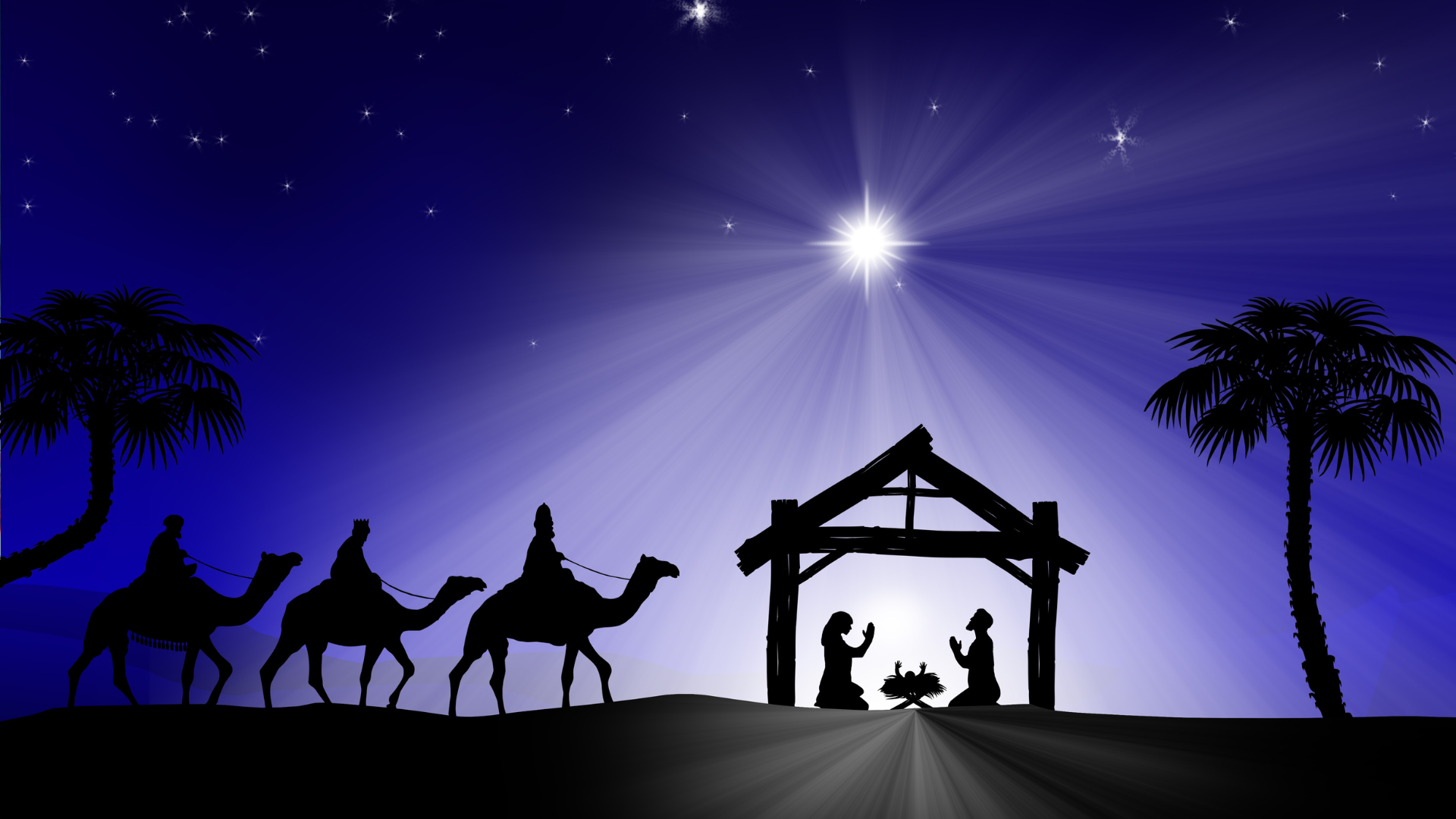

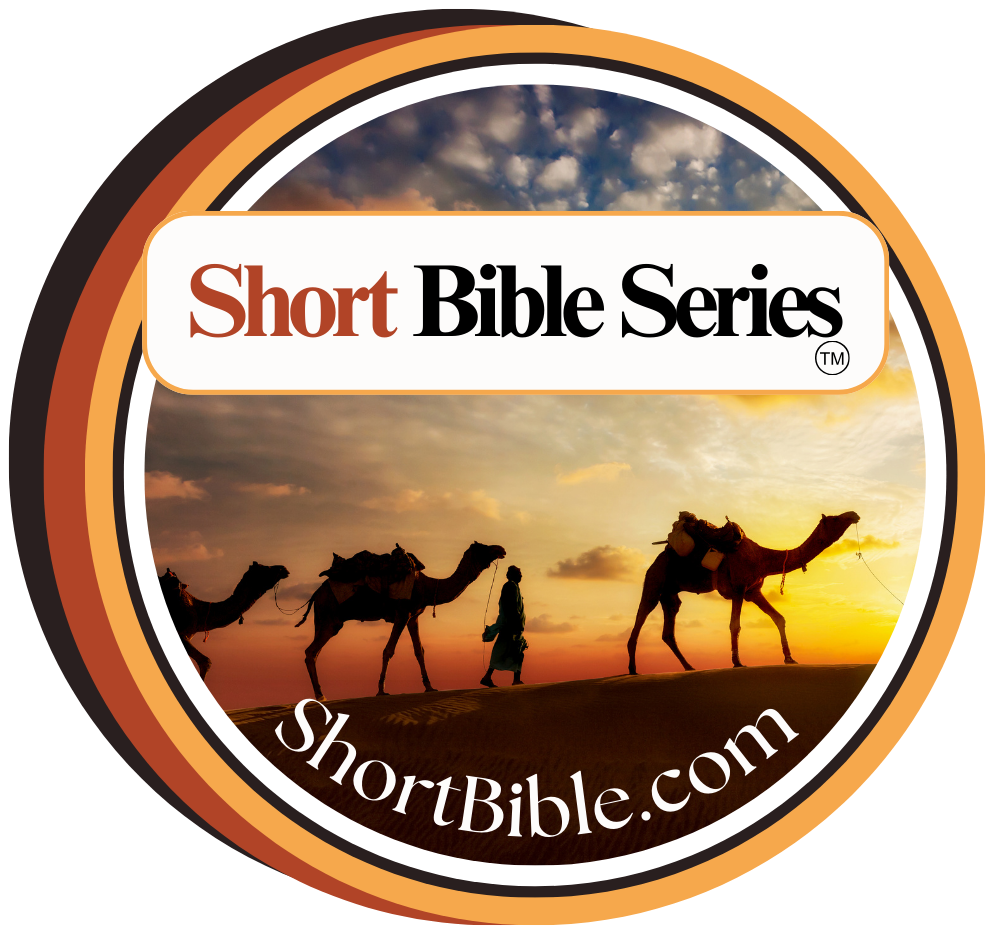
Freedom and Life wither and die
Without, Faith, Hope, Love, and Truth.
The Short Bible and various editions are available on our website by clicking on the "buy it now" or you can purchase at the following locations:
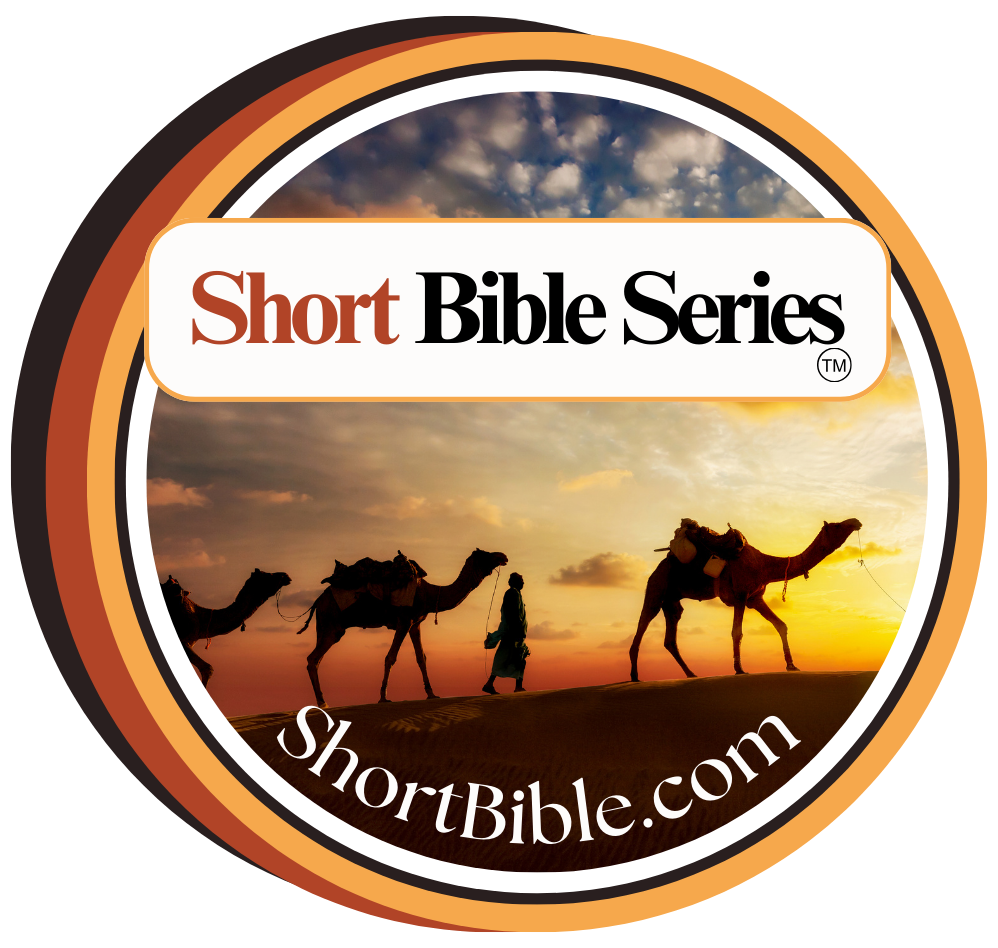
Freedom and Life wither and die Without, Faith, Hope, Love, and Truth.
The Short Bible and various editions are available on our website by clicking on the "buy your copy here" or you can purchase at the following locations:

Freedom and Life wither and die Without, Faith, Hope, Love, and Truth.
The Short Bible and various editions are available on our website by clicking on the "buy your copy here" or you can purchase at the following locations:
All Rights Reserved | Short Bible
Website Design by JoAnna Weeks

